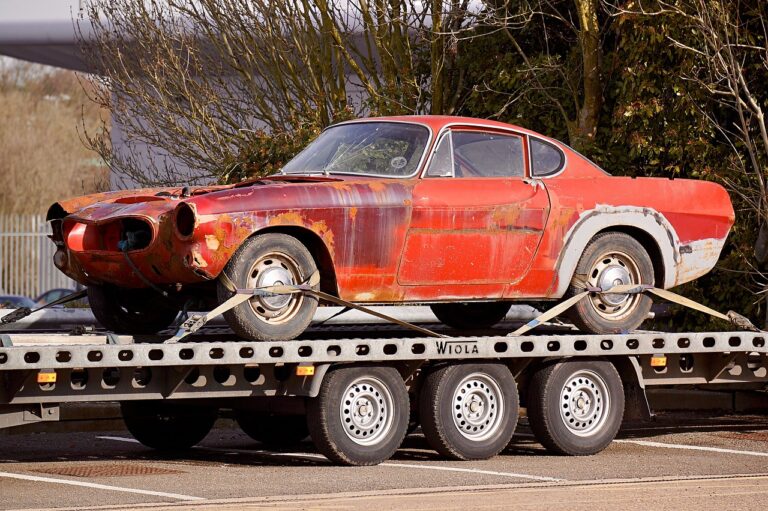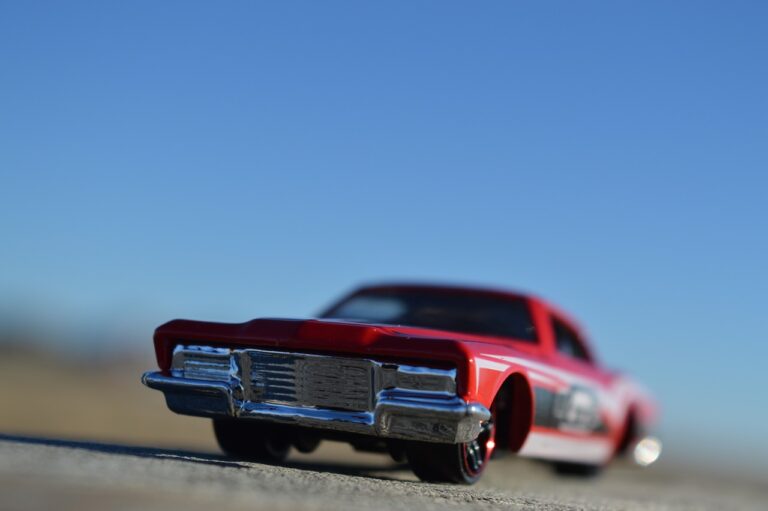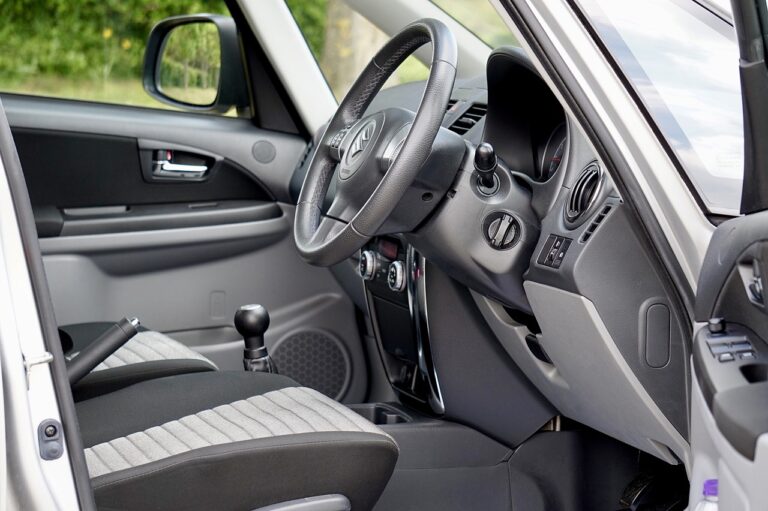The Impact of Connected Cars on the Auto Repair Industry
With the rise of connected cars, auto repair shops are facing new challenges. One of the main difficulties is the need for specialized equipment and training to diagnose and repair these modern vehicles. Many traditional tools and techniques are no longer sufficient, requiring technicians to constantly update their skills and invest in expensive diagnostic tools.
Another challenge is the increased complexity of vehicle systems due to the integration of advanced technology. Connected cars have intricate networks of sensors, software, and components that work together, making it more difficult to pinpoint and fix issues. This complexity not only affects the time it takes to diagnose problems but also the cost, as repairs on connected cars can be more time-consuming and expensive.
How connected cars have changed the diagnostic process for auto repair technicians
As technology continues to advance, the automotive industry has seen a significant transformation with the introduction of connected cars. These modern vehicles are equipped with sensors and onboard computers that continuously monitor and collect data on various systems, providing auto repair technicians with a wealth of information for diagnostics. This real-time data allows technicians to quickly identify issues and pinpoint the root cause of a problem, streamlining the diagnostic process.
Gone are the days of relying solely on manual inspection and guesswork to diagnose vehicle issues. With connected cars, auto repair technicians can access a wealth of diagnostic information directly from the vehicle’s systems. This not only saves time but also improves the accuracy of diagnoses, resulting in more efficient repairs and better overall customer satisfaction. The integration of technology into the diagnostic process has undoubtedly elevated the capabilities of auto repair shops and revolutionized the way technicians approach vehicle maintenance and repairs.
What are some challenges faced by auto repair shops with the rise of connected cars?
Auto repair shops are facing challenges such as the need for specialized diagnostic equipment, training for technicians to keep up with new technology, and potential security concerns with accessing a car’s onboard computer systems.
How have connected cars changed the diagnostic process for auto repair technicians?
Connected cars have made the diagnostic process more complex and sophisticated, as technicians now need to work with advanced computer systems and software to identify and fix issues. This often requires specialized training and equipment.
Do connected cars make it easier or harder for auto repair technicians to diagnose and repair problems?
While connected cars provide valuable diagnostic information to technicians, they also require a higher level of expertise and specialized tools to interpret and address the data effectively. So, in some ways, it can be both easier and harder for technicians.
Are there any benefits of connected cars for auto repair shops?
Yes, connected cars can provide auto repair shops with more accurate and detailed diagnostic information, leading to faster and more efficient repairs. They can also help in identifying potential issues before they become major problems, saving both time and money for the customer.





